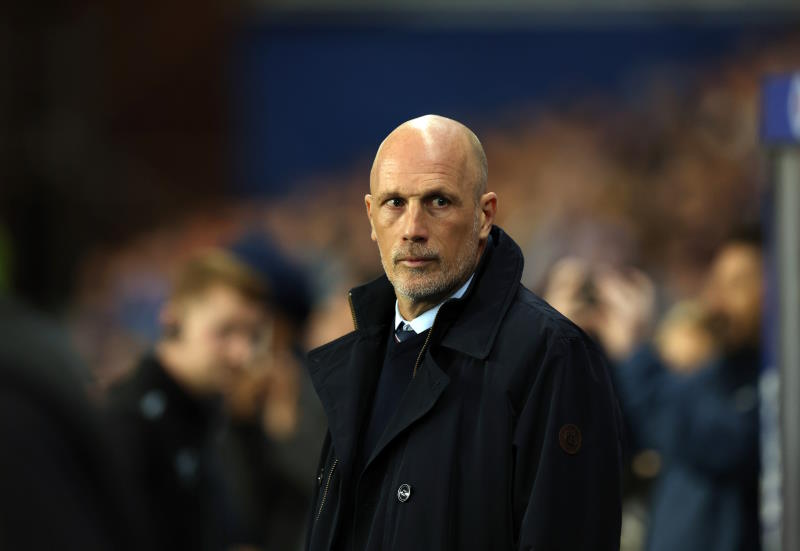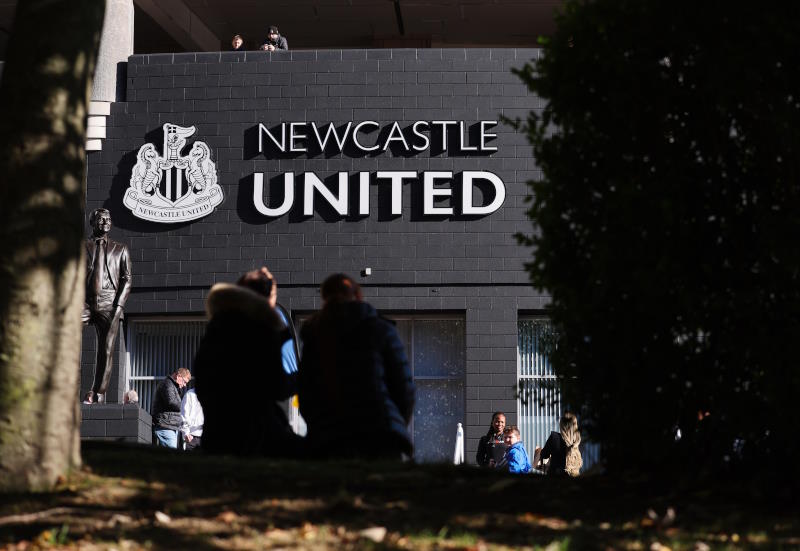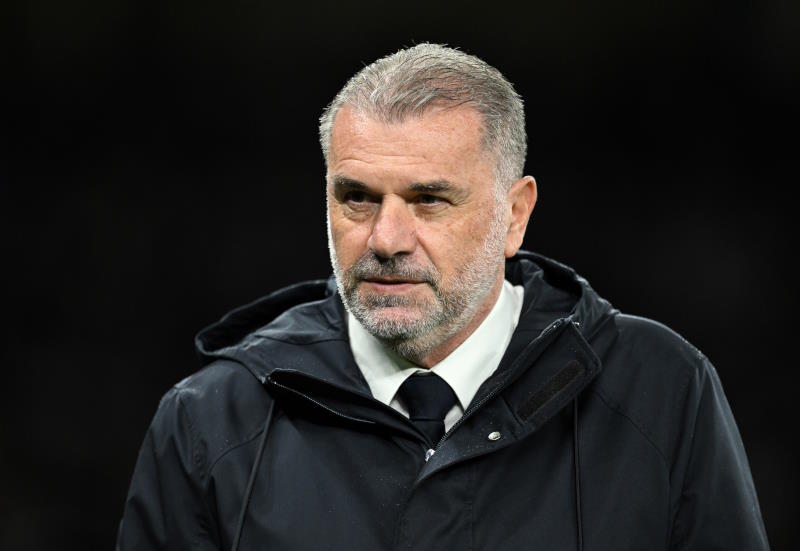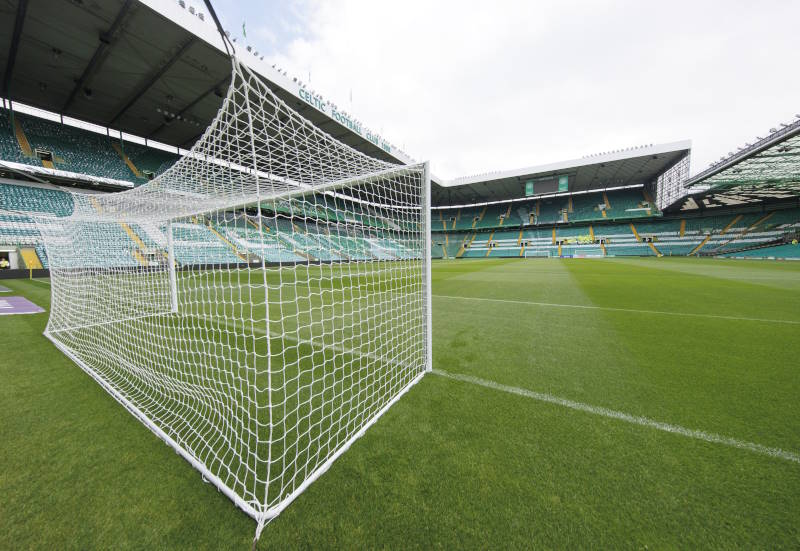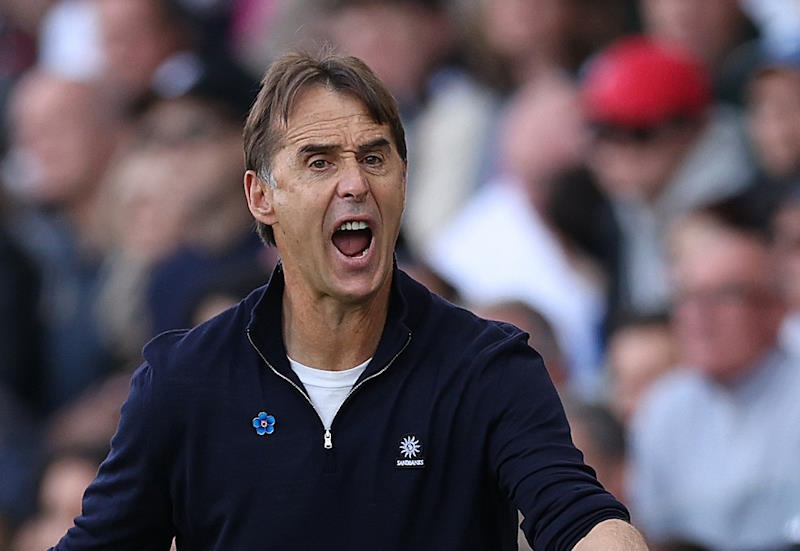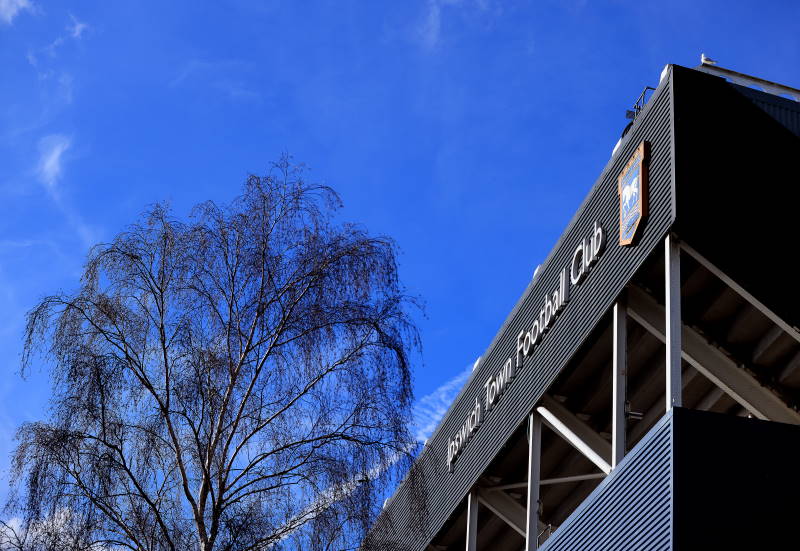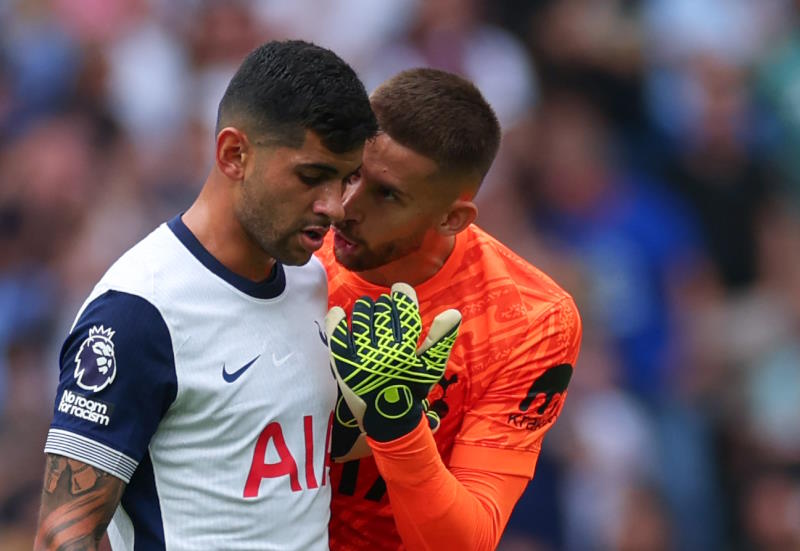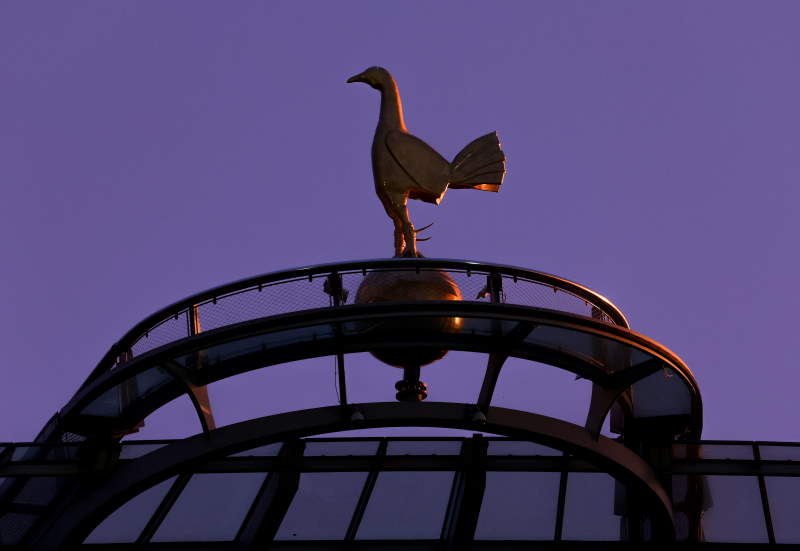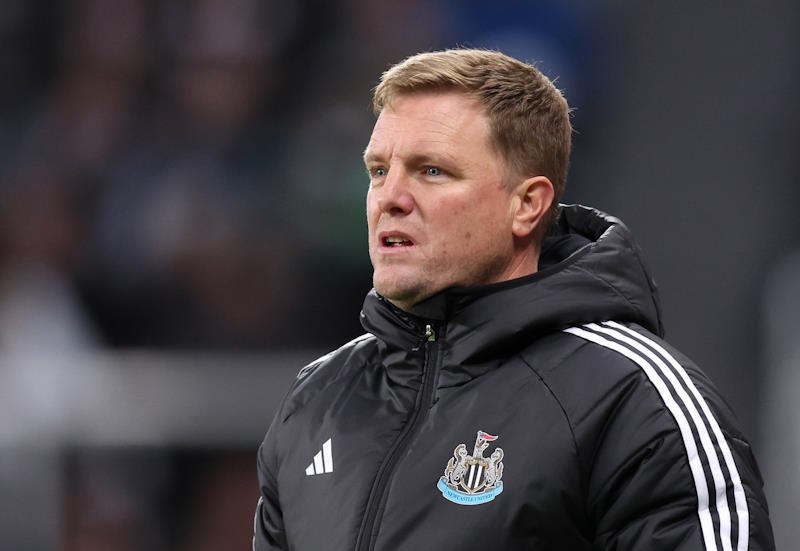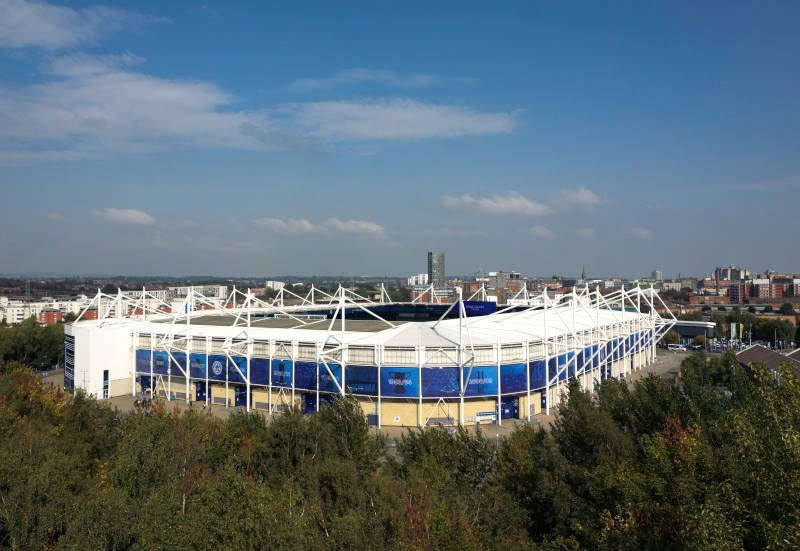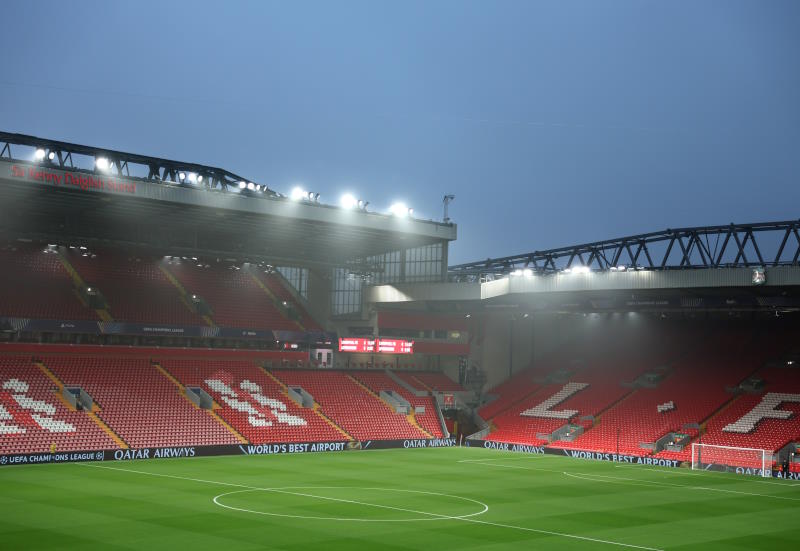
“Maybe we’re getting up someone’s nose”. This evergreen expression can often be heard throughout Italian football from managers, players and club owners, all uttering the words to some obscure power, pulling the strings from behind the scenes.
Suspicions in Italian football were at fever-pitch even before the 2006 Calciopoli scandal and their growth was also particularly evident after the first Calciopoli, the Calcioscommesse in 1980.
Today disputes have become the norm in the country’s politics, football and everyday life. Sometimes living in Italy is akin to living in an enormous Big Brother house, with all the residents as the show’s protagonists.
In recent weeks the tone of the debate has grown exponentially. It all began in mid-January when Adriano Galliani, AC Milan’s vice-president, asked the Italian Lega Calcio to postpone the match against Udinese, originally scheduled in the San Siro the Wednesday before the derby against Inter. The Nerazzurri reacted angrily when the Lega Calcio granted Galliani’s request. During the derby, that Inter won 2-0, the anger continued as Jose Mourinho’s men were infuriated with the referee for sending off Wesley Sneijder in the first half and defender Lucio a few minutes before the end of the match. Mourinho comically protested for the duration of the game and at the press conference directly afterwards almost pronounced the phrase “one of you will betray me”, in an excess of omnipotence.
In the weeks that followed, Inter protested again, for what they saw as two clear penalties not awarded to them against Napoli by referee Roberto Rosetti: An official previously declared by Mourinho as one of the best in Italy. Another week and another referee angered the Nerazzurri, this time Paolo Tagliavento who sent off Ivan Cordoba and Walter Samuel in the first half of the meeting with Sampdoria at the San Siro. Inter’s Portuguese boss gestured that he was being handcuffed and was subsequently suspended.
The champions’ president Massimo Moratti and his manager continued to see conspiracies all around them when Bari and Fiorentina met scudetto rivals Milan and were not awarded what they considered to be two clear penalties. The Inter board now seem convinced that there is a plot afoot against them to favour Silvio Berlusconi’s team, orchestrated by the Lega Calcio and pay TV (Sky and especially Mediaset, Berlusconi’s TV company) who have become bored with the Nerazzurri’s consecutive titles.
However, it isn’t just Inter that see shadows in Serie A. When Napoli recently met Roma at the San Paolo, the home support were incensed when the referee turned down their appeals for a penalty after contact between Roma’s Juan and Napoli’s Fabio Quagliarella. Then, in the closing moments of the game, another incident, as Roma defender Philippe Mexes touched the ball partially with his hand and partially with his chest. Napoli president Aurelio De Laurentiis could not contain his protests and uttered those immortal words: “They have probably been getting up someone’s nose.”
Just four days before that Napoli-Roma meeting it had been the turn of Fiorentina’s owners, the Della Valle brothers, to suffer. As Milan met Fiorentina in Florence, it was referee Rosetti again who failed to award a clear penalty to Viola striker Riccardo Montolivo. Then, barely a few minutes later, Alexandre Pato slotted home an injury time winner for Milan. What made matters worse for Fiorentina was that they had suffered a disastrous decision in Germany in their Champions League game the previous week, leaving Bayern Munich holding a 2-1 first leg advantage. The Della Valle family shrugged their shoulders and said they were not strong enough to have a voice in the Italian football scene.
The troubles of the domestic game did not finish there. As Sampdoria met Parma a penalty was awarded to the Genoa-based side but then cancelled just a few seconds later by the referee for no clear reason. The Blucerchiati’s board spoke out after the match, saying that “someone doesn’t want us to play in the Champions League next year.” And so the reference to an obscure power influencing events spreads through the league.
At the other end of the table Livorno played Siena in a game crucial in the fight for both teams against the drop. Siena eventually emerged as 2-1 victors, and to all the world it appeared if anyone had received the benefit of the referee’s doubt that day it had been Livorno. But following the match, Livorno’s president Aldo Spinelli complained: “We are a nuisance to someone, they don’t want us in Serie A.”
This is the new (or more accurately old) climate in which Italian football currently operates, a climate in which everyone is suspicious of everyone else and trust is a rare commodity.
The Calciopoli scandal destroyed the empire of Luciano Moggi, an empire which had allowed the control of domestic football. However, after four years no-one seems to have noticed this, and the suspicions of clubs who lose out through controversial decisions that there is some obscure power pulling the strings remains as vivid as ever.
Italian football may be at the top of the world at international level, but within the country’s borders chaos reigns and a climate of distrust pervades.
Latest Articles:
- – Same Problems Dog FIGC Euro 2016 Bid
- – Giants Helping Europa League Find Feet
- – Mixed Fortunes for Juventus Class of 96
Photo courtesy: Tsutomu Takasu

